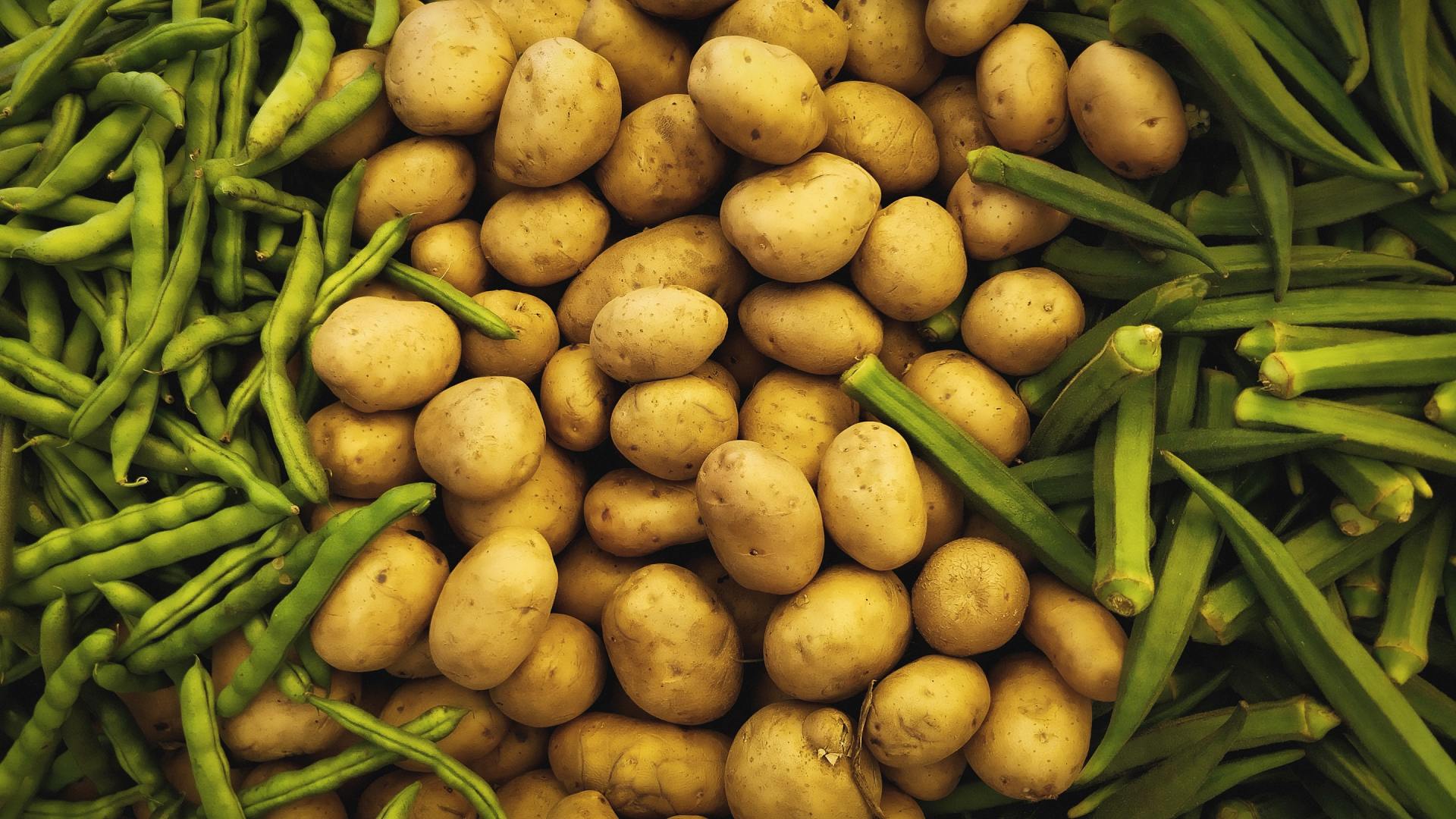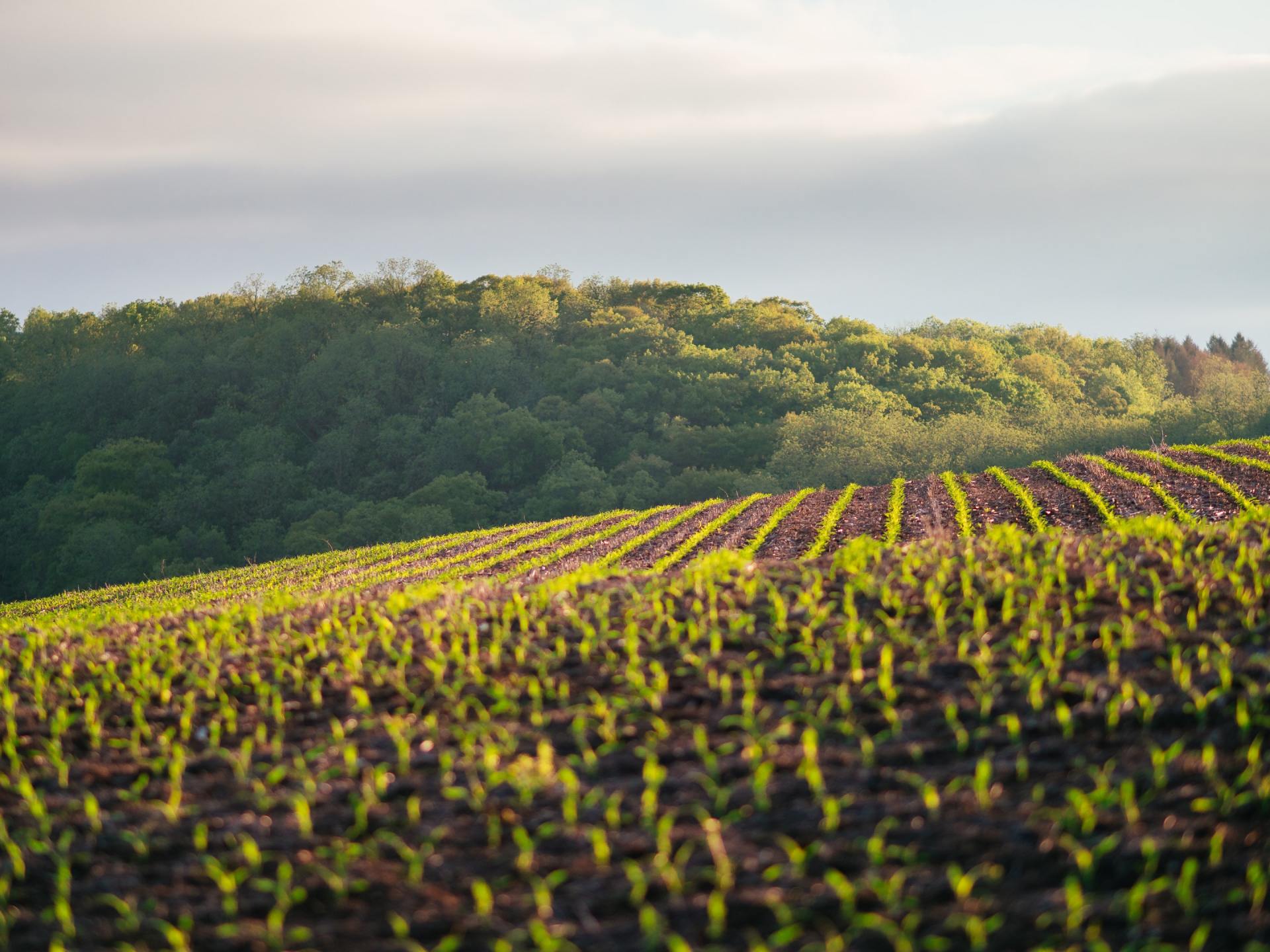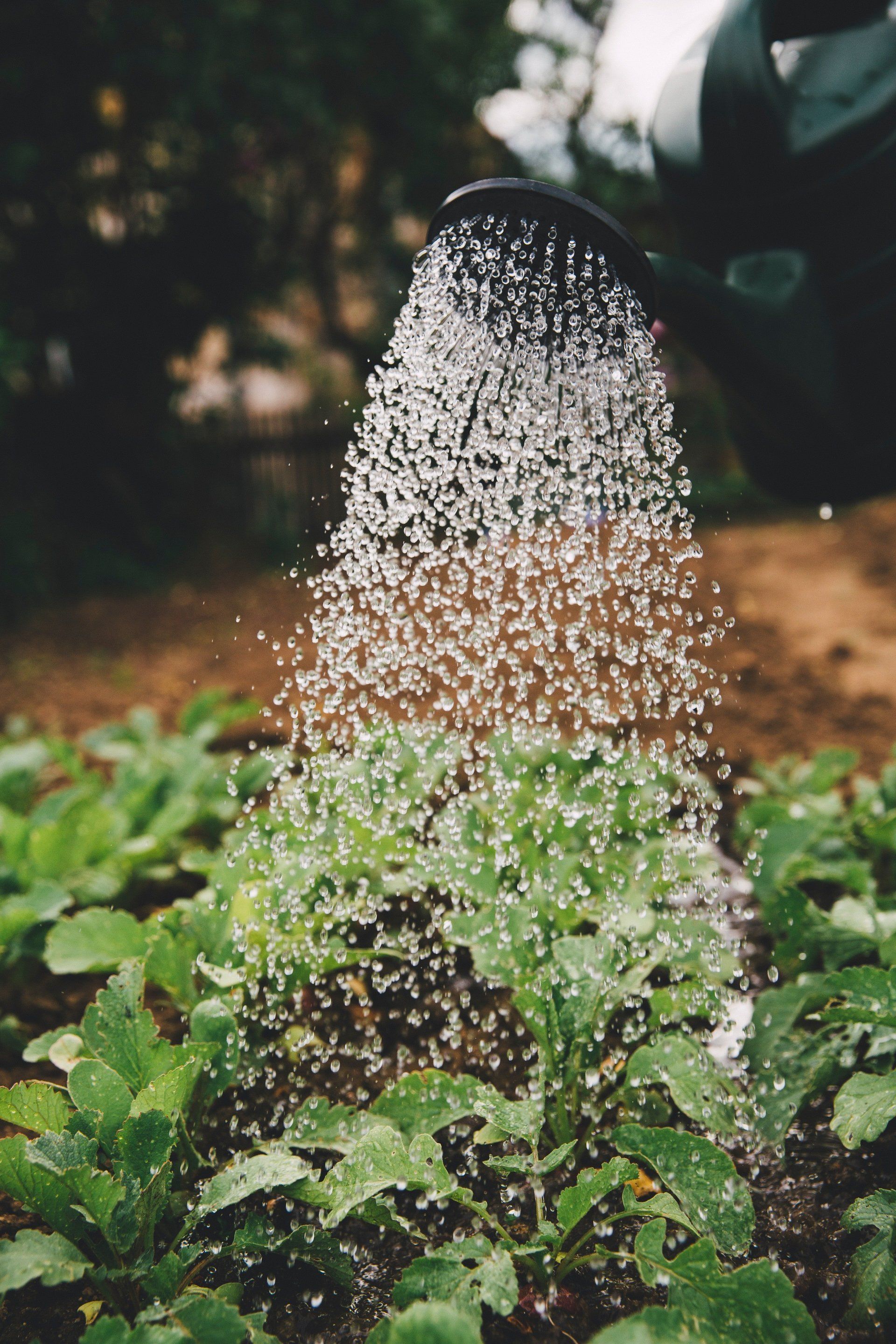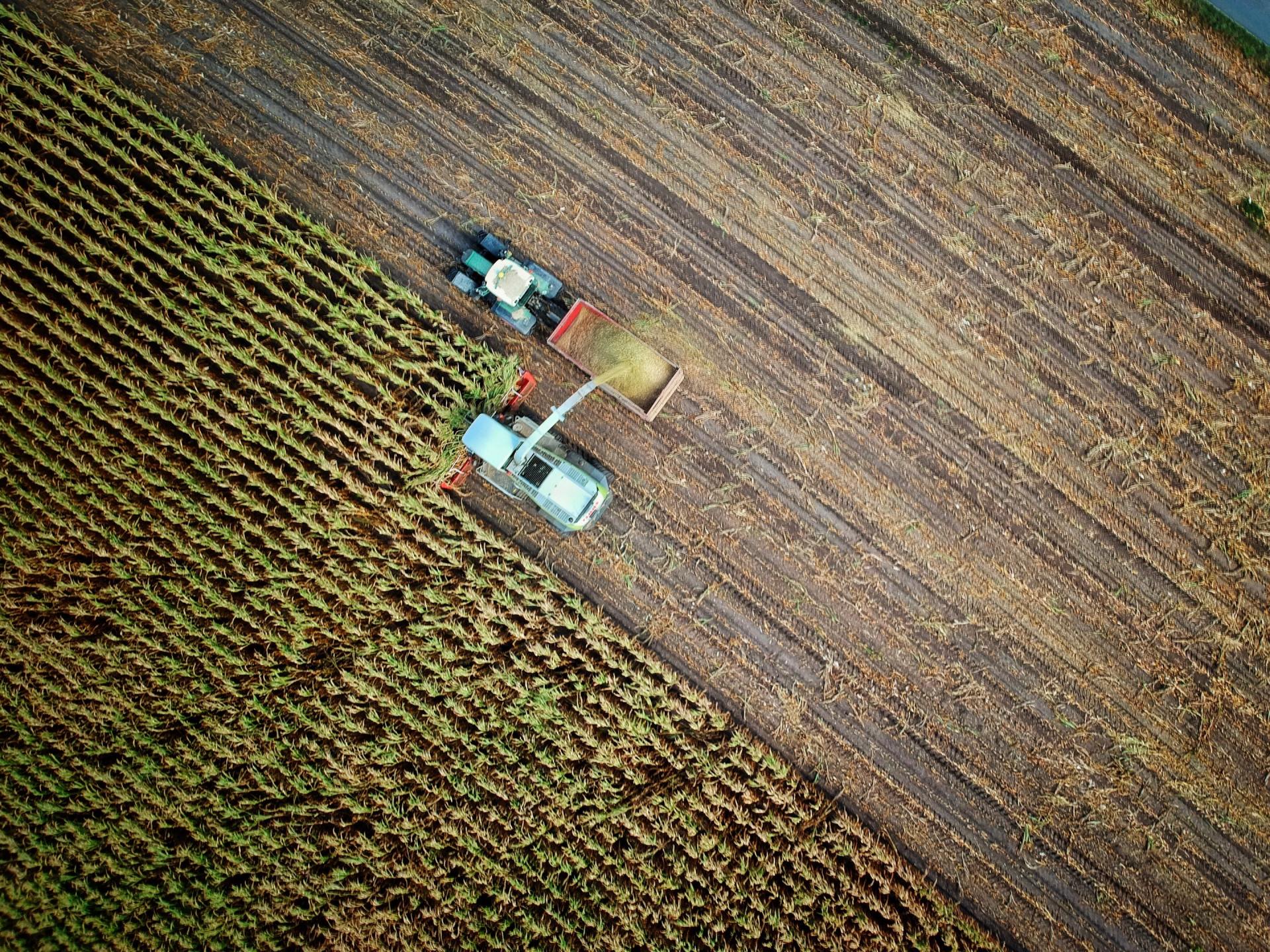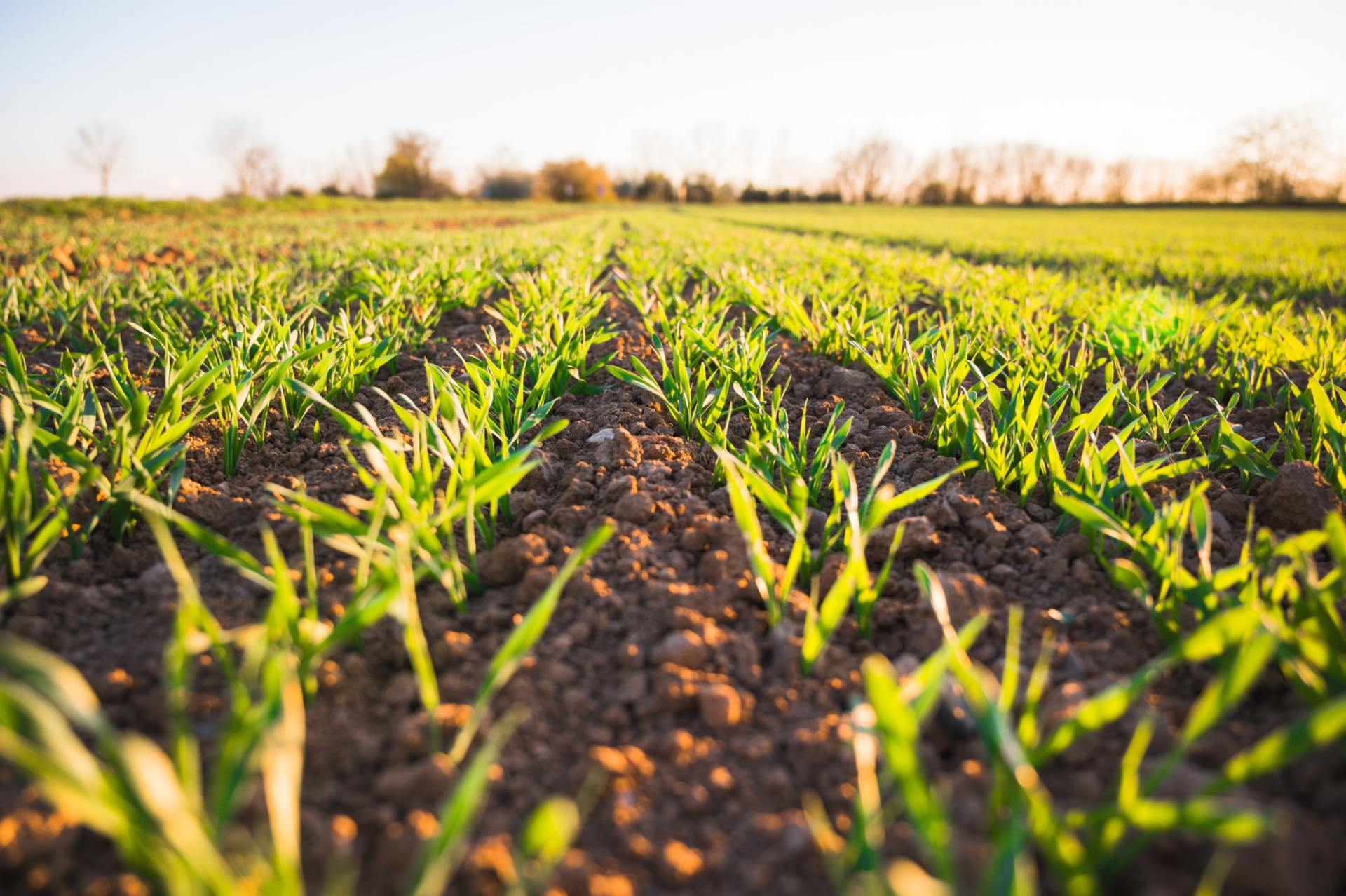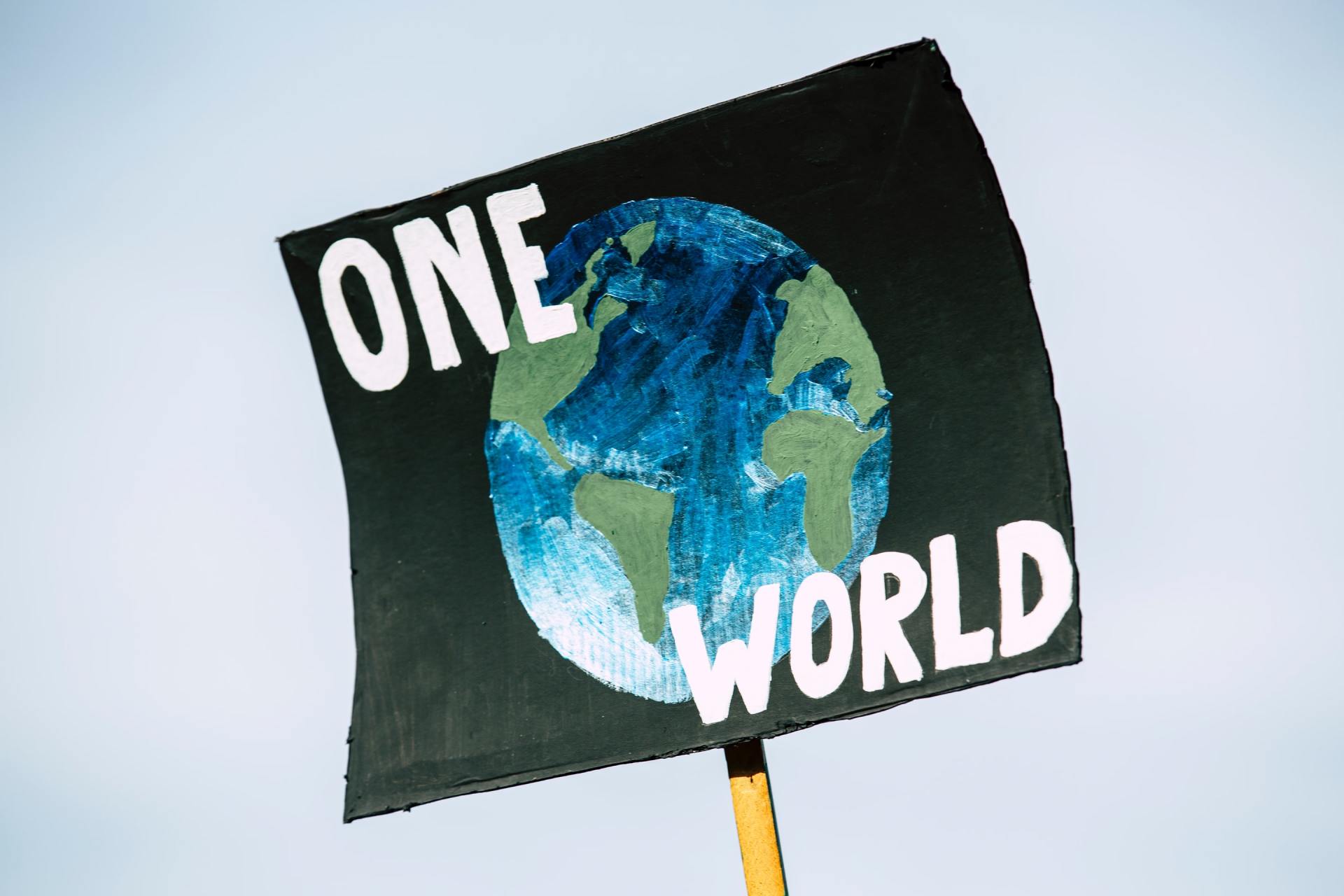Eutrophication & Nutrient inputs

October - November 2020
In 2020 CCB continued supporting the BSFYA to cover the whole BSR. However, due to cancellation of the regional contest by WWF Baltic Ecoregion Programme, only national competition in Belarus and Ukraine were promoted and supported by CCB through national MOs.
The Ukrainian national competition in 2020 has gathered 7 applications from agricultural enterprises. "Staryj Porytsk"has won the competition and received the national award. The award ceremony took place on 12-13 October 2020 at Lviv Organic & Natural Products Fair.
On 11 November 2020, took place the awarding of Belarusian winners of the national stage. Out of 15 applicants, the first prize diploma was awarded to the Fortuna Agro farm.
“For us, the national stages of the competition are an important link in celebrating our 30th anniversary. Moreover, the issues of environmental protection in agriculture are very important for the Baltic Sea. At the moment, the revision of the strategic document of environmental policy in the Baltic region is underway. Support for organic agriculture was included in the block of issues that are most likely to find their place in the new action plan.” – said Mikhail Durkin, CCB Executive Secretary.

October 2020
In 2020 CCB has continued supporting the Greener Agriculture for a Sustainable Sea (GRASS) Conference, which gathers participants from the agricultural and environmental field around the Baltic Sea region.
This edition, attended by more than 70 participants, was held as an hybrid event: offline in Lviv, Ukraine, and online via Zoom, with simultaneous translations provided.
The renewed concept had thematic workshops on (1) Global and regional policy of green agriculture, (2) Healthy catering and organic produce food supply for school and pre-schools and (3) Climate changes and organic agriculture. Challenges for agro-education.

Agri-environmental curricula developed and applied
In 2020 CCB has continued with development of agri-environmental educational curricula on efficient nutrient resources management, nutrient recycling and Best Agricultural Practices for practitioners of conventional and industrial agriculture through the network of agricultural universities and research institutions in the eastern part of BSR in Ukraine, Belarus and Poland.
Three new lectures have been developed and two more are under preparation. An E-learning course has been under preparation and will be disseminated for agricultural school students in 2021. Additionally, a dedicated e-learning course for agriculture students on sustainable agriculture and on-farm nutrient management was established in Poland, covering the following themes:
- Changes in Polish agriculture and the surplus of nutrients in the waters of the Baltic Sea
- Optimized fertilization in conventional agriculture - for the benefit of farmers and the Baltic Sea
- Nutrient balance on the farm level
- Swamp buffer zones - their impact on the environment and agriculture
- Intensive rotational grazing
- Reasons for the eutrophication of the Baltic Sea
- The influence of agriculture on the diversity of soil fauna
- Nitrogen and phosphorus management on the farm and its impact on the economics of production
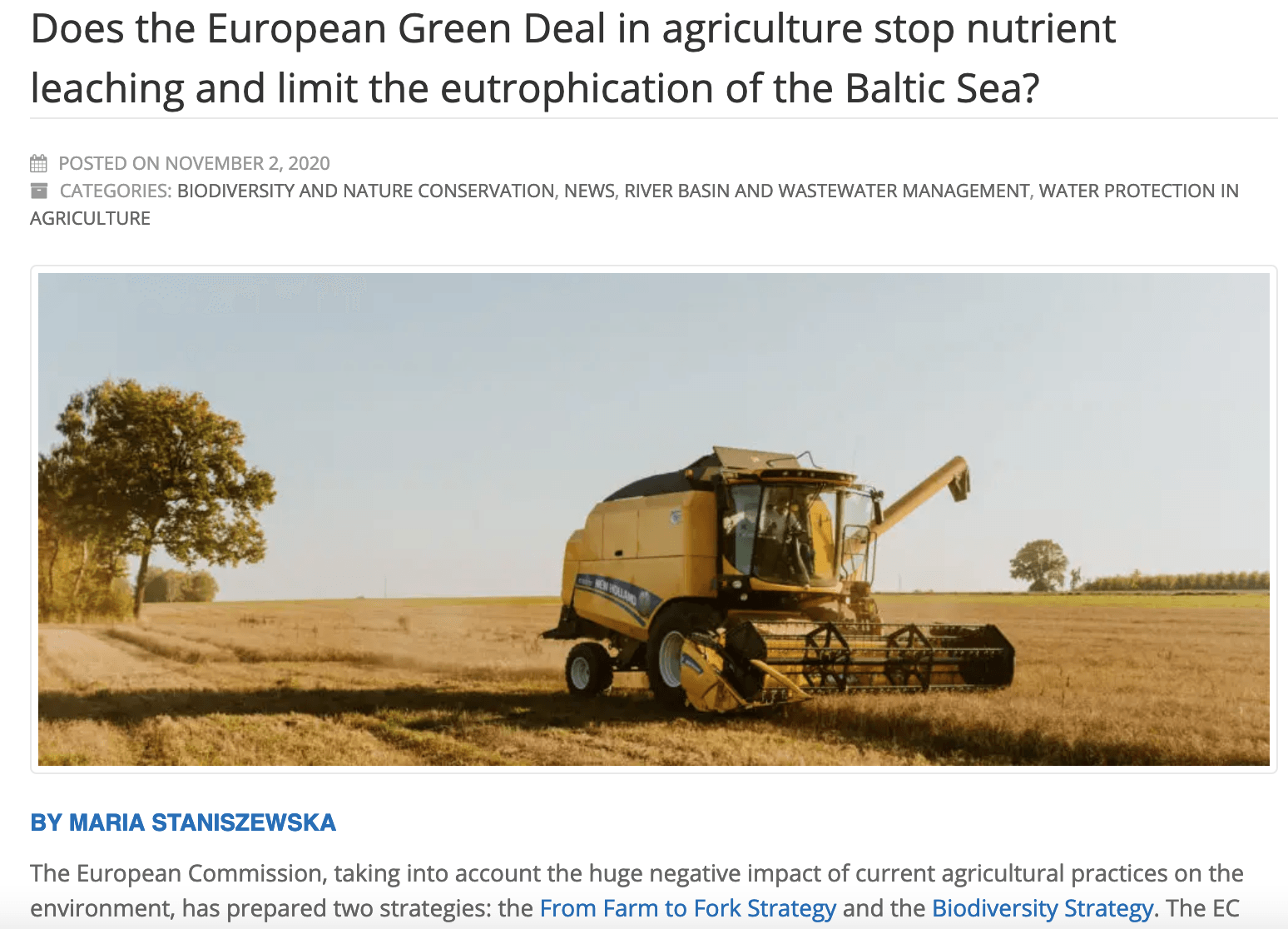
National CAP strategic plans & Open article
CCB has continued the work on collecting and sharing knowledge about preparation and revision of national CAP strategic plans following the recommendations by the European Commission on aligning those with the Green Deal targets and those stemming from the Farm to Fork Strategy and the Biodiversity Strategy for 2030.
An open article “Does the European Green Deal in agriculture stop nutrient leaching and limit the eutrophication of the Baltic Sea?” has been published and promoted.
CCB will continue in 2021 collecting national inputs for a report on best examples of agri-environmental measures from Baltic EU Member States .It will be supported by an online information campaign.
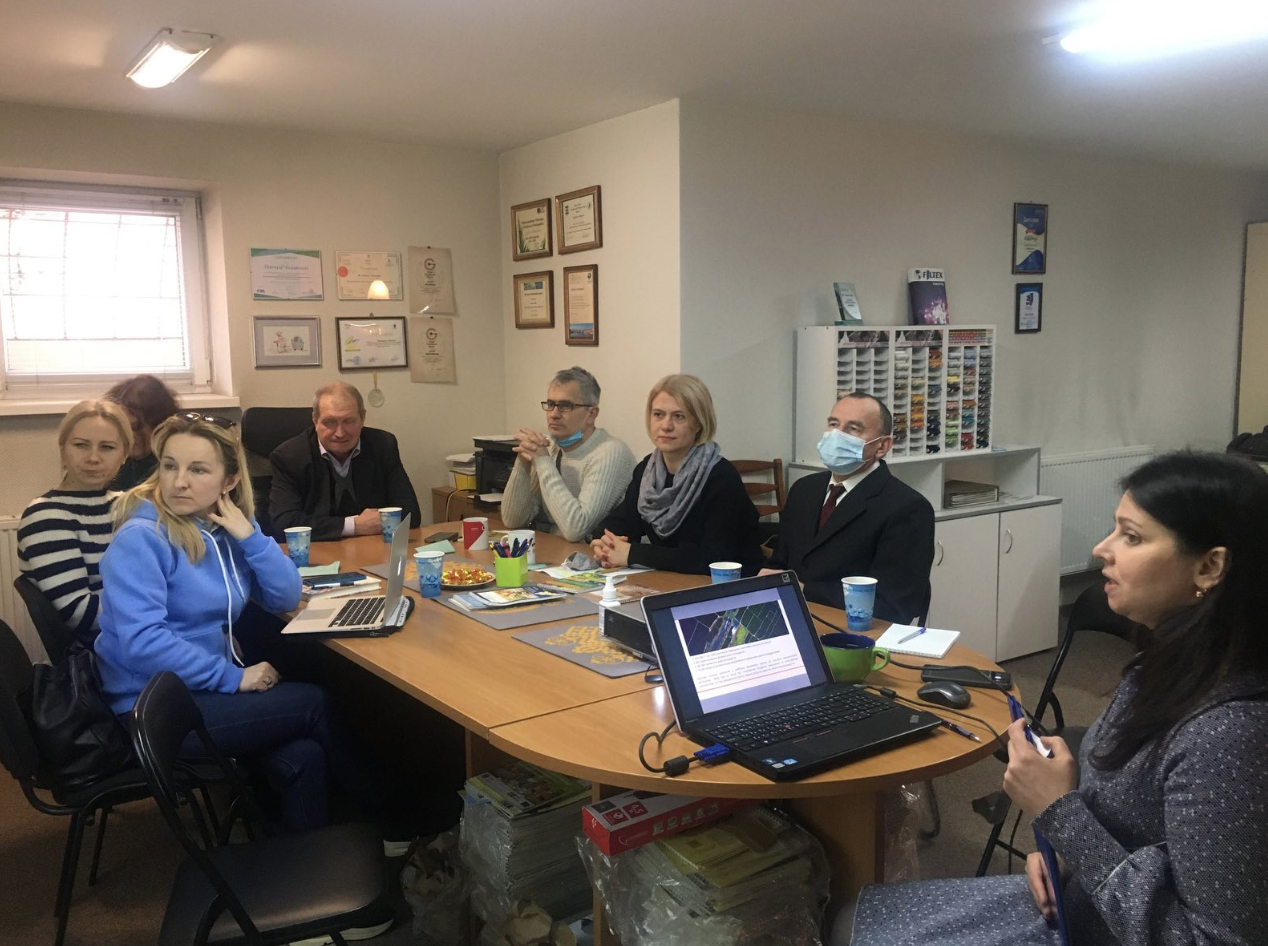
Awareness raising and education in rural farming communities in Ukraine
To support Low Harm Farming campaign of the Pesticide Action Network (PAN) Europe, CCB has started in 2020 preparing an advocacy campaign for pesticide dependency reductions, encouraging policy changes towards ensuring that farmers apply integrated pest management based on solid agronomic practices to prevent pest build-up and on the use of non-chemical alternatives, where needed.
Such advocacy is also backed with awareness raising and education in rural farming communities in Ukraine, where series of workshops have started in 2020 by Ecoterra and will continue in 2021. Within 2020 this work has been mainly focused on addressing HHP use in rural communities in Ukraine and consisted of a roundtable with regional and municipal authorities and 7 dedicated trainings for organised farmers and individual agricultural producers in selected rural communities on environmental threats associated with application of HHPs in agriculture.
The reason to start this activity in Ukraine lays in the fact that 39% of the Lviv region population live in rural areas. Approximately 280.000 private households in the region produce 55.4% of crops and 65.4% of livestock products. Today, these people are the most vulnerable group that can be directly impacted by pesticide use. At the same time, these individual producers are not subject of stricter food stuff quality control and can sell their surpluses for public consumption, potentially increasing the risk of impacting others consumers by the use of HHPs in private households’ agri-production.
Therefore, the project was launched together with the State Food and Consumer Service of Ukraine to raise the awareness of individual agricultural producers on potential risks of using HHPs – both for own as well as for consumer’s health and wellbeing.
-
River University - 1st edition
The 1st edition of CCB River University was held in October 2020.
River University was an unique opportunity to get to know the best practices of good water management, experiences with trans-boundary river cooperation, and innovations and developments within sewerage system management.
-
Climate change in the Baltic Sea Region
In May 2020 CCB organized the webinar “Climate change and the Baltic Sea catchment”.
This event aimed to share, reflect upon, consolidate, and learn from our collective experience, focusing on 5 main topic: science, youth & action, health, finance, communication & campaigning.
